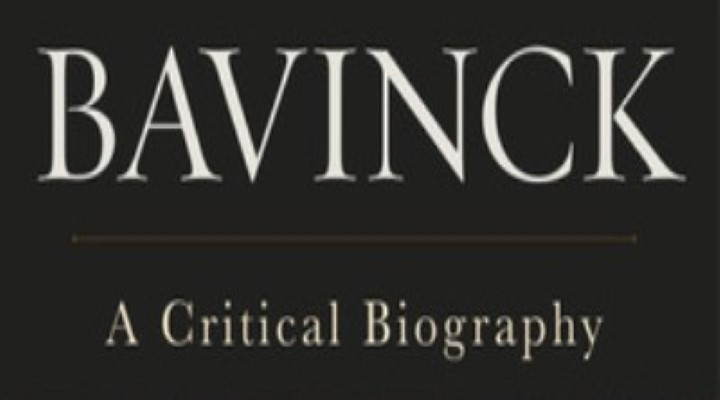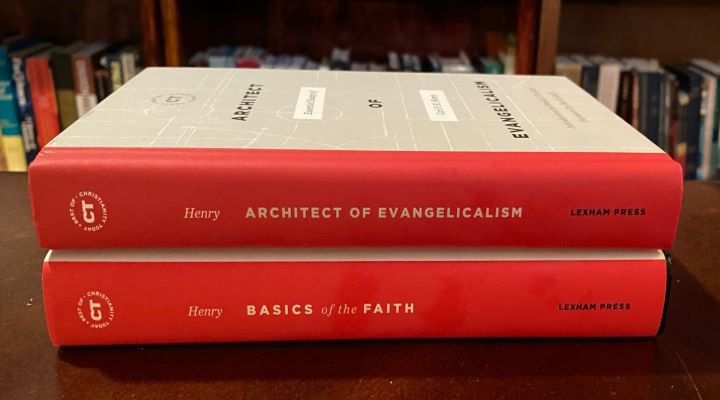Things Above Needs Your Help
Hello brothers and sisters! Michael Coughlin, Allen Nelson, Chuck Ivey, Dave Mitchell, and George Alvarado need your help. We write at Things Above Us and desire our audience and subscriptions to expand. So in essence, we just need three things. If you can help with one or more of these, that would be awesome. Help … Read more








